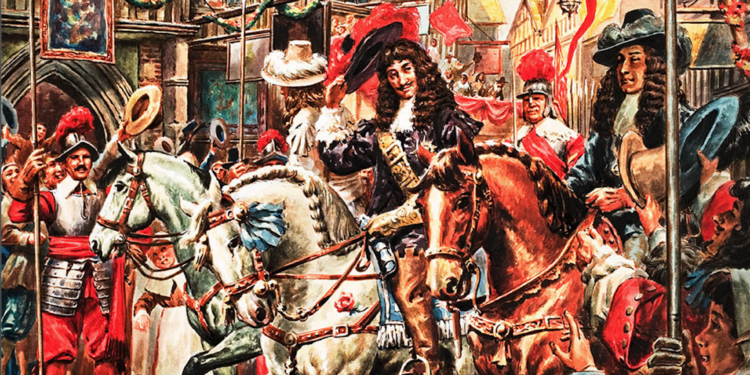The Conservatives have a new leader: Kemi Badenoch. But let’s be clear – after that catastrophic July election, they’re facing a mountain to climb and a revolution to reverse. Still, there’s reason for hope. Conservatives navigated this terrain before and emerged victorious, argues David Starkey in the Spectator. Here’s an excerpt:
In 2002, Margaret Thatcher was asked to name her greatest achievement. “Tony Blair and New Labour,” she replied. “We forced our opponents to change their minds”.
Unfortunately, Thatcher was only half right – and it turns out she had only half won the battle. New Labour did indeed accept (or at least pretend to accept) Thatcher’s free market economics and her consequent denationalisation of the economy and defanging of the trade unions. But the hydra of the Left was not slain. Instead, it changed its line of attack – and the Tories fell into the trap.
Between 1997 and 2010, Tony Blair and Gordon Brown launched a series of guerrilla raids on the British constitution. The individual steps – devolution for Scotland (1997) and later for Wales; the independence of the Bank of England (1998); the incorporation of the European Convention on Human Rights into Common Law (1998); the setting up of the Supreme Court and the demotion of the lord chancellorship by the Constitutional Reform Act (2005) and the Equality Act (2010) – appear haphazard and piecemeal. But their cumulative effect was radical, even revolutionary. These changes undermined the central principle of the British constitution: the supremacy of the unitary Crown-in-Parliament over all the functions of state: legislative, executive and judicial. Blair’s reforms weakened that key principles. And now we are all paying the price. …
The result, and probably sooner than later, will be a crisis, as when Britain was forced to go to the International Monetary Fund in 1976, or the ‘Winter of Discontent’ in 1979. The Conservative Party, as it was when Margaret Thatcher was in charge in 1979, must be ready. But the remedy needs to be be different this time, because the situation is different. This means invocation of Thatcherism or Thatcherite free-market economics is not what we want now.
Instead, we need to look back to the earlier, greater crisis of the so-called Puritan Revolution of the mid-seventeenth century. This was a real revolution which anticipated much of the New Labour revolution by stealth. A self-appointed and self-righteous elite seized power in the name of liberty. But they became increasingly authoritarian. They aimed to cut off our history with the king’s head. They used military rule to impose a ‘purified’ form of Christianity and reform popular behaviour and customs. And they engaged in constant constitutional experimentation.
Finally, the English had enough and did that most conservative of things. They reversed a revolution of their own volition and without foreign intervention. There was a great repeal of the acts of the revolutionary years and a restoration of the King, the Church of England and the ancient parliamentary constitution.
We must find the courage to do the same: to carry out our own Restoration, repeal the vandalism of the New Labour years and restore the popular sovereignty we previously enjoyed.
Worth reading in full.












To join in with the discussion please make a donation to The Daily Sceptic.
Profanity and abuse will be removed and may lead to a permanent ban.